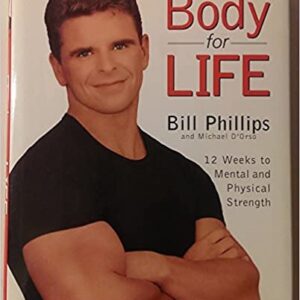Opis
No poet has grafted her life more stubbornly to myth than Louise Glück. In Meadowlands, this meant voyaging simultaneously through the Odyssey and the disintegration of her marriage; in Vita Nova, the legend of Orpheus and Eurydice provides a backdrop to the bitter aftermath of divorce. „No one wants to be the muse; / in the end, everyone wants to be Orpheus,” Glück pithily notes, but here, she assumes both voices–the grieving artist and his doubly silenced love. „How would you like to die / while Orpheus was singing? / A long death; all the way to Dis / I heard him,” the nymph complains in „Relic,” while in „Orfeo,” the bard dwells almost lovingly on both his loss and his art:
I have lost my Eurydice,
I have lost my lover,
and suddenly I am speaking French
and it seems to me I have never been in better voice;
it seems these songs
are songs of a high order.
In the end, of course, it’s not Eurydice but his own pain that Orpheus immortalizes. „I made a harp of disaster / to perpetuate the beauty of my last love,” Glück admits, but this is less a matter of personal glory than it is of sheer survival. And besides, she reminds us, „sometimes / our consolations are the costliest thing.”
Glück is an excruciatingly honest poet, but not, exactly, a confessional one. Vita Nova holds her life at arm’s length, examining its particulars with almost Olympian detachment. Several of these poems include a self-interrogation, rendered in a voice equal parts prosecutor and witness for the defense: „Ask her how he touched her.” „Ask her what she remembers.” „Ask her if the fire hurts,” demands a speaker in „The Burning Heart.” Is this Eurydice’s story as accident report? Séance? Cross-examination? Elsewhere, her troubles come rendered in a piercing gallows wit. In the volume’s final poem, „Vita Nova” (the second of two with that same title), she dreams a dog, then dreams a custody fight with her ex. Be brave, she tells her hypothetical pet–„this is / all material; you’ll wake up / in a different world, / you will eat again, you will grow up into a poet!” One senses that for Glück, it’s all material–marriage, divorce, life, death, even and especially the ancient drama of myth. These are poems of rebirth, but of a particular kind–not of hope, and certainly not of youth, but of something far more important: poetry itself. In „The Nest,” as Glück emerges from her grief, she feels her mind once again engage with the world, thinking „first, I love it. / Then, I can use it.” –Mary Park





